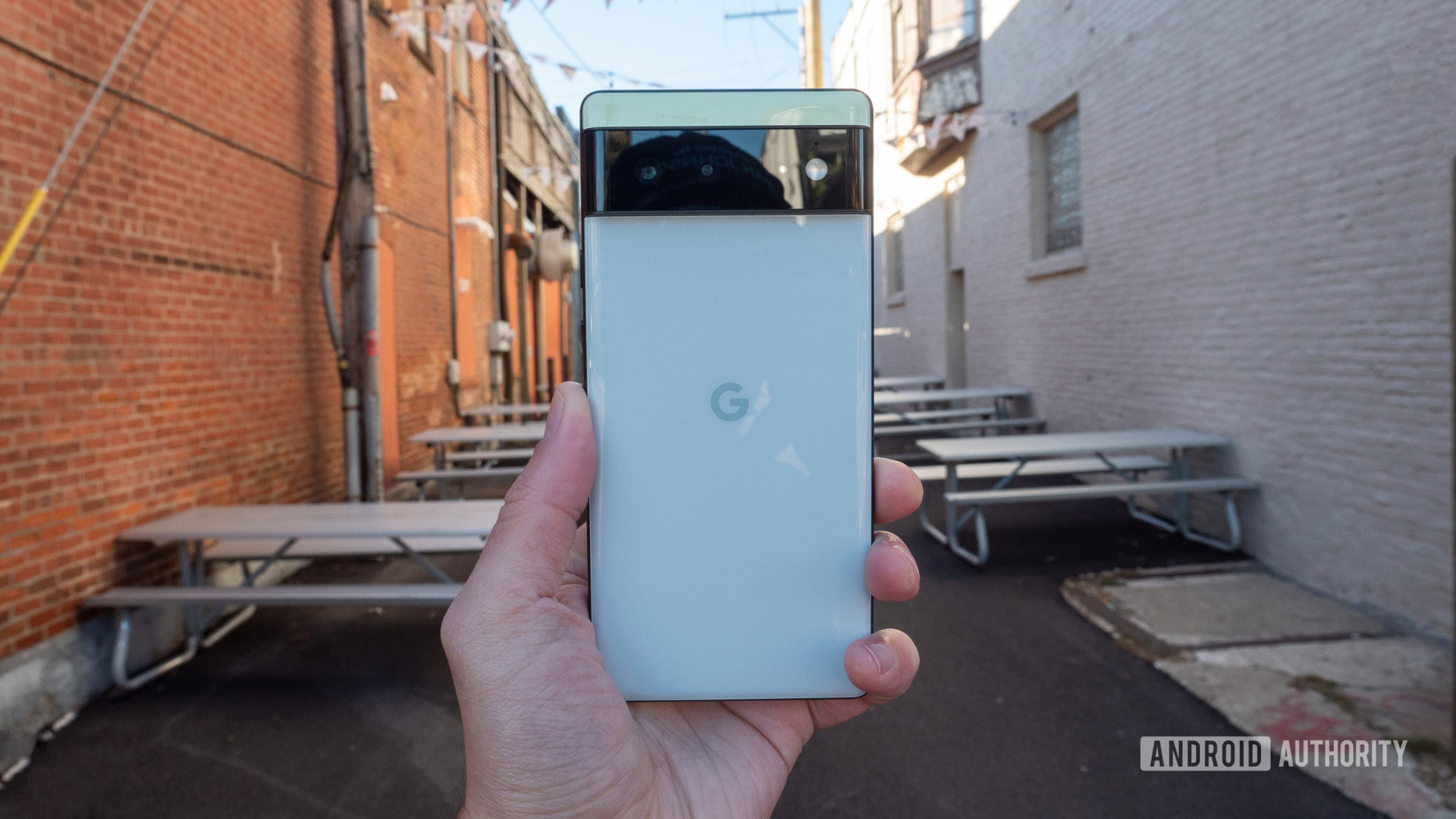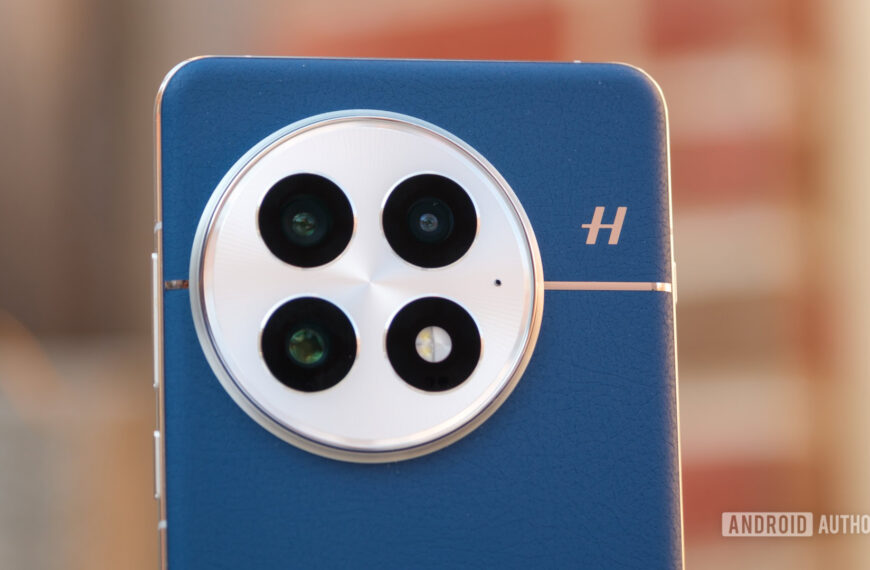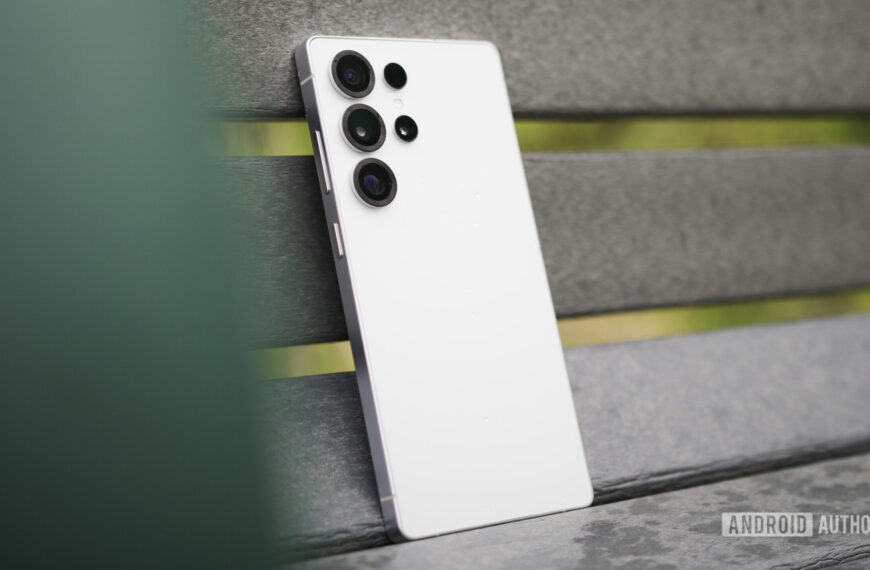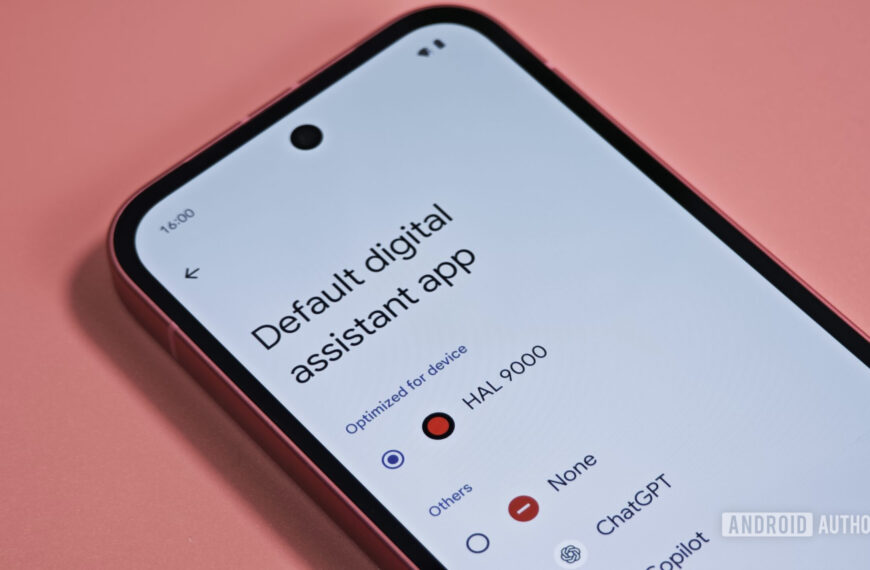
Robert Triggs / Android Authority
Google has used semi-custom Tensor chips for its Pixel phones since the Pixel 6 series back in 2021. However, it’s fair to say that these processors haven’t been a smashing success for the company.
One frequent complaint is that Tensor chips are underpowered compared to rivals, but we knew this from the start as Google publicly focused on real-world usage and AI tasks. What’s more worrying is that these phones have historically suffered from disappointing battery life compared to rivals. Things have improved with the Pixel 9 series, but colleague Joe Maring still expressed disappointment with the Pixel 9 Pro’s battery life. Meanwhile, the standard Pixel 9 trades blows with the standard Galaxy S24 despite having a much larger battery than the Samsung phone.
Google is switching chip manufacturers from Samsung to TSMC for future Pixel phones, and this should theoretically result in better battery life. But if this trend of mixed endurance and heating continues, I really don’t see the point of Google keeping Tensor around.
Why a switch from Samsung to TSMC should be a good thing

Ryan Haines / Android Authority
Samsung has consistently played second-fiddle to TSMC when it comes to chip manufacturing prowess, often producing chips that run hotter and are less efficient. This doesn’t seem like a huge deal to most consumers, but it has real-world consequences.
My favorite example of this was 2022’s Snapdragon 8 Gen 1 and Snapdragon 8 Plus Gen 1 processors. The Snapdragon 8 Gen 1 was manufactured by Samsung, while the Snapdragon 8 Plus Gen 1 was a mid-year refresh made by TSMC. Qualcomm claimed a 10% boost to clock speeds, which is a pretty impressive upgrade compared to previous Plus processors. However, the company also offered an efficiency boost for the first time in a Plus chip, with a claimed 30% efficiency gain. So what did that mean in practice?
What do you want most from the Pixel 10’s chip?
452 votes
Qualcomm noted at the time that you could expect to play games for up to an hour longer, stream video for 80 more minutes, and get 17 more hours of music playback. Bear in mind that this is effectively the same chipset, albeit produced by different manufacturers.
In other words, switching chip manufacturers can result in significant battery life improvements. And Google is apparently doing just this for the Pixel 10 series, all the way to the Pixel 14 family.
But what if the Pixel 10 is a battery dud?

Jimmy Westenberg / Android Authority
Improved battery life for the Pixel 10 series and newer Pixel phones is far from guaranteed, though. TSMC has long bested Samsung Foundry in the manufacturing game, but there’s always the possibility that Samsung will turn things around with its 3nm and 2nm designs. This seems unlikely as 2023’s canceled Exynos 2300 and the delayed Exynos 2500 strongly suggest that Samsung’s chip production business is still in a sorry state.
In other words, I think it’s increasingly likely Google will only have itself to blame if its switch to TSMC doesn’t result in better endurance and reduced heating (another bane of my Pixel-owning existence). In previous years, I could always say that Samsung is the big reason why Google’s chips lag behind in these areas. I can no longer use this excuse in the future, and nor can Google.
Google and Pixel fans can no longer hide behind Samsung if the Pixel 10 series and future Pixels suffer from poor battery life.
Instead, I think it’s fair to say that any future battery life problems will be down to Google’s chip design team rather than the chip producer. So if future Pixel phones have disappointing battery life and heating issues, it leaves me with one question: why should Google continue making its own chips for Pixel?
It also doesn’t help that, barring some special deal, Google is likely paying a premium for TSMC compared to Samsung Foundry. After all, Samsung has struggled to hold on to customers for its most cutting-edge process technologies. It missed out on a big payday when the Galaxy S25 series skipped Exynos chips in favor of Qualcomm silicon. So it would’ve almost certainly been more cost-effective to continue with Samsung as one of the few big-name clients.
Google potentially paying extra for TSMC-made chips means that future Tensor chips could be more expensive than before, so we could be paying a little more for our Pixels. That’s somewhat understandable if these future phones offer better battery life and run a little cooler, but the prospect of paying extra cash without these perks doesn’t sit right with me. The company might as well give us a tried-and-tested Snapdragon or MediaTek flagship processor if it’s going to charge a premium.
We’re still a few months away from the Pixel 10 family’s expected launch window. This will be the first Pixel device as part of the TSMC deal, so there will likely be some kinks to iron out. But I really won’t be optimistic about the Tensor chip’s future if the Pixel 11 and Tensor G6 still suffer from these familiar Pixel weaknesses.




















